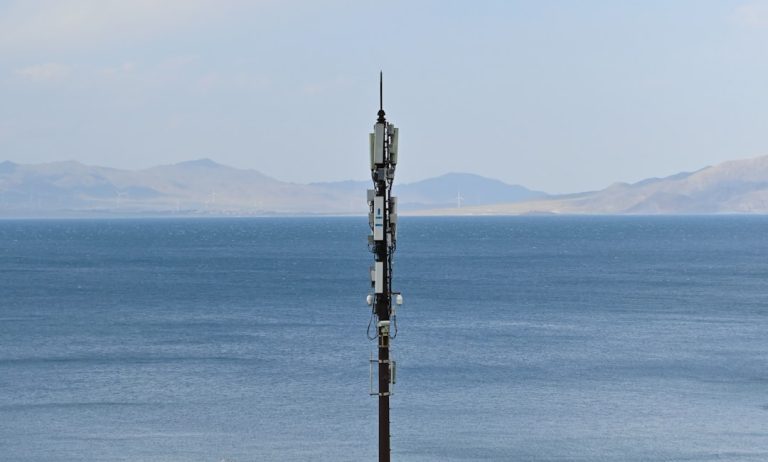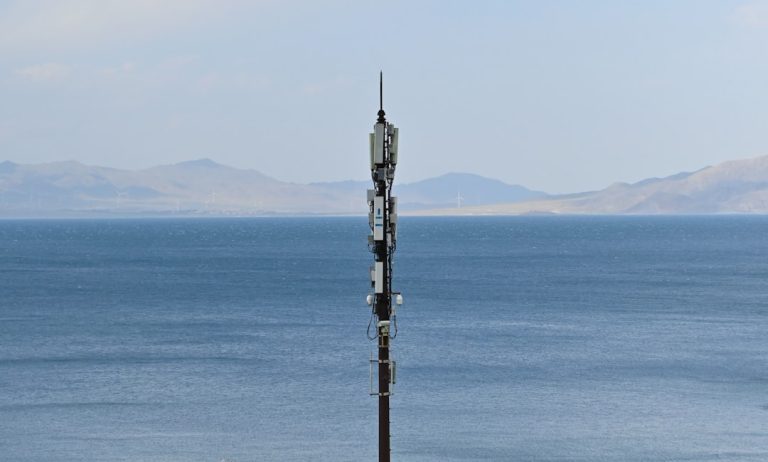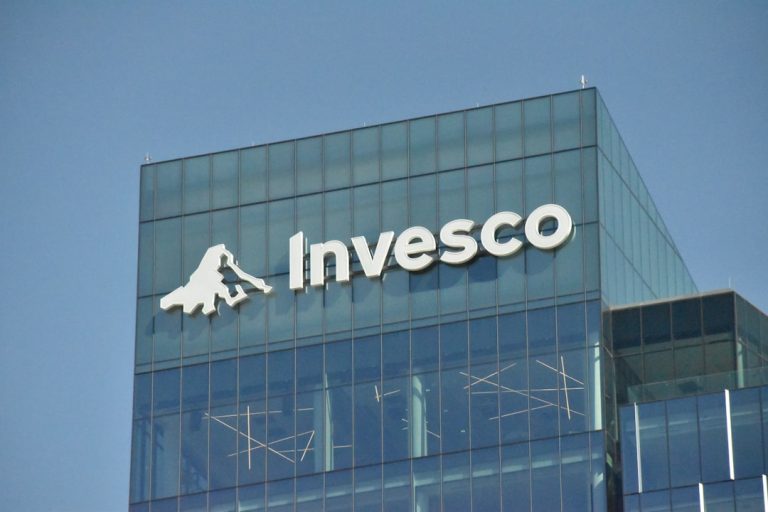Learn how to maximize the benefits of investing in SEIS in the UK and discover opportunities for startups and investors alike.
Introduction
Navigating the landscape of startup funding can be challenging for both entrepreneurs and investors. The Seed Enterprise Investment Scheme (SEIS) offers a unique opportunity to bridge this gap, providing significant tax incentives to those willing to invest in early-stage UK businesses. This comprehensive guide explores everything you need to know about investing in SEIS UK, helping you maximise the benefits and seize the opportunities it presents.
What is the Seed Enterprise Investment Scheme (SEIS)?
The Seed Enterprise Investment Scheme (SEIS) is a UK Government initiative designed to encourage investment in early-stage startups. Launched in 2012, SEIS aims to stimulate the growth of new businesses by offering generous tax reliefs to individual investors. Unlike traditional funding sources, SEIS focuses on attracting personal investments rather than venture capital, making it an attractive option for both startups seeking funding and investors looking for tax-efficient opportunities.
How Does SEIS Work?
SEIS operates by providing tax incentives to individual investors who purchase shares in qualifying startups. Here’s a breakdown of the key elements:
- Tax Relief for Investors: Investors can claim up to 50% income tax relief on investments up to £200,000 per tax year.
- Capital Gains Tax (CGT) Benefits: Gains from SEIS investments are exempt from CGT if the shares are held for at least three years.
- Loss Relief: If the investment fails, investors can offset losses against their income tax liability, reducing the financial risk.
- Eligibility for Startups: Companies can raise up to £250,000 through SEIS, providing crucial seed funding to grow their business.
SEIS does not provide direct funding; instead, it incentivises private investment by mitigating potential risks for investors through these tax benefits.
SEIS vs. EIS: Understanding the Differences
While SEIS and the Enterprise Investment Scheme (EIS) share similar objectives, they cater to different stages of business growth and offer varying levels of benefits:
| Feature | SEIS | EIS |
|---|---|---|
| Company Location | UK | UK |
| Maximum Trading Age | 3 years | 7 years (10 years for Knowledge Intensive Companies) |
| Maximum Employees | 25 | 250 (500 for Knowledge Intensive Companies) |
| Maximum Investment | £250,000 | £12m (£20m for Knowledge Intensive Companies) |
| Tax Relief for Investors | 50% income tax relief | 30% income tax relief |
| Capital Gains Tax Relief | Exempt if held for 3 years | Exempt if held for 3 years |
| Eligible Investors | Individuals | Individuals and corporations |
Understanding these differences is crucial when deciding which scheme aligns best with your investment strategy and business stage.
Eligibility Criteria for SEIS
To qualify for SEIS, both the investing company and the investor must meet specific criteria:
For Companies:
- Trading Age: Less than three years old.
- Location: Established in the UK.
- Assets: Gross assets must not exceed £200,000 at the time of share issuance.
- Employees: Fewer than 25 full-time equivalent employees.
- Activity: Must be conducting a qualifying trade or preparing to do so.
- Investment Limits: Can raise up to £250,000 through SEIS.
- Independence: Cannot have received EIS or other government venture capital scheme investments.
For Investors:
- Taxable Income: Must have UK taxable income.
- Ownership Limits: Cannot own more than 30% of the company’s stock within three years.
- Non-Employees: Cannot be employees of the company, though being a paid director is allowed.
- Investment Caps: Can invest up to £200,000 per tax year in SEIS-eligible companies.
- Purpose: Cannot use SEIS purely for tax avoidance.
Meeting these criteria ensures that both startups and investors can fully leverage the benefits of SEIS.
Benefits of SEIS for Startups and Investors
For Startups:
- Seed Funding: Access to up to £250,000 in equity investment, facilitating early-stage growth.
- Tax Incentives Attraction: Makes investment opportunities more appealing to potential investors.
- Flexibility: Funds can be used for various business activities, including repaying third-party loans.
- Market Credibility: Being SEIS-compliant enhances the company’s credibility and attractiveness.
For Investors:
- High Tax Relief: Up to 50% income tax relief on investments, significantly reducing the cost of investment.
- Tax-Free Growth: No CGT on profits if shares are held for at least three years.
- Risk Mitigation: Loss relief options provide a safety net in case of business failure.
- Inheritance Tax Benefits: SEIS shares held for two years are exempt from inheritance tax.
These benefits create a mutually beneficial environment, encouraging investments that drive innovation and growth in the UK startup ecosystem.
How to Apply for SEIS and Obtain Advance Assurance
Applying for SEIS involves several steps to ensure compliance and eligibility. A crucial part of this process is obtaining Advance Assurance from HMRC, which provides investors with confidence that the investment is likely to qualify for SEIS benefits.
Steps to Apply:
- Prepare Documentation: Gather necessary documents such as business plans, financial forecasts, and details of how funds will be used.
- Submit Application: Complete the Advance Assurance application form with HMRC, including all required information.
- Review Process: HMRC reviews the application, which can take up to eight weeks.
- Receive Assurance Statement: If approved, HMRC provides a statement indicating the likelihood of SEIS qualification, which can be shared with potential investors.
- Issue Shares: Once Advance Assurance is received, the company can issue shares to investors under the SEIS framework.
Necessary Documentation:
- Business plan and financial forecasts.
- Details of the proposed use of funds.
- Latest accounts and list of trading activities.
- Memorandum and articles of association.
- Completed SEIS checklist with the application.
Leveraging platforms like Oriel IPO can streamline this process, providing guidance and resources to ensure a successful SEIS application.
SEIS Rules for Investors and Companies
For Investors:
- Taxable Income: Must have sufficient income to benefit from the tax relief.
- Non-Employee Status: Cannot be employees, except as paid directors.
- Ownership Limits: Cannot acquire more than 30% of the company’s shares within three years.
- Investment Limits: Maximum investment of £200,000 per tax year.
- No Related Investments: Cannot have related investment arrangements or loans linked to the SEIS investment.
For Companies:
- Trading History: Must be less than three years old.
- Qualifying Activities: Funds must be used for qualifying trades within three years.
- Asset Limits: Gross assets must not exceed £200,000 at the time of share issuance.
- Employee Limits: Fewer than 25 full-time equivalent employees.
- No Prior SEIS/EIS Funding: Cannot have received prior investments from these schemes.
Adhering to these rules ensures that both parties can fully benefit from the SEIS scheme without jeopardizing their eligibility for tax reliefs.
Capital Gains Tax (CGT) and SEIS
SEIS offers specific advantages regarding Capital Gains Tax (CGT), which can significantly enhance the attractiveness of investments:
Reinvestment Relief:
- Reduction in CGT Liability: Investors can reduce their CGT by up to 50% by reinvesting profits from SEIS shares into other SEIS-eligible businesses.
- Maximum Claim: Up to £50,000 can be claimed for reinvestment relief.
Disposal Relief:
- Exemption on SEIS Gains: If SEIS shares are held for at least three years, any gains from their disposal are exempt from CGT.
- Conditions for Relief: Full SEIS income tax relief must have been claimed, and shares must be held for the required period.
These reliefs make investing in SEIS UK not only tax-efficient but also strategically beneficial for managing capital gains.
Maximizing SEIS Opportunities with Oriel IPO
Oriel IPO is revolutionizing the way UK startups connect with investors through the SEIS framework. As an innovative online investment marketplace, Oriel IPO offers several advantages:
- Commission-Free Funding: Eliminates the burden of commission fees, allowing startups to raise more capital and investors to maximise their returns.
- Curated Investment Opportunities: Provides a selection of vetted, tax-efficient SEIS/EIS investment opportunities, ensuring quality and potential.
- Educational Resources: Offers comprehensive guides, calculators, and insights to empower users with the knowledge needed for informed investment decisions.
- Community Support: Fosters a supportive environment for both novice and experienced investors, facilitating valuable connections between entrepreneurs and angel investors.
- Subscription-Based Access: Democratises investment opportunities through flexible subscription tiers, supporting sustained engagement and growth.
By leveraging these features, both startups and investors can optimise their SEIS experience, driving innovation and financial success in the UK’s dynamic startup ecosystem.
Conclusion
Investing in SEIS UK presents a compelling opportunity for both startups seeking essential seed funding and investors looking for tax-efficient investment avenues. Understanding the intricacies of SEIS, from eligibility criteria to tax benefits, is crucial for maximising its potential. Platforms like Oriel IPO further enhance this landscape by providing streamlined access and comprehensive support, making the SEIS journey smoother and more rewarding for all parties involved.
Ready to Maximize Your SEIS Investment?
Take the next step in your investment journey with Oriel IPO. Whether you’re a startup seeking funding or an investor looking to capitalize on SEIS benefits, Oriel IPO is your gateway to successful and tax-efficient investments.



